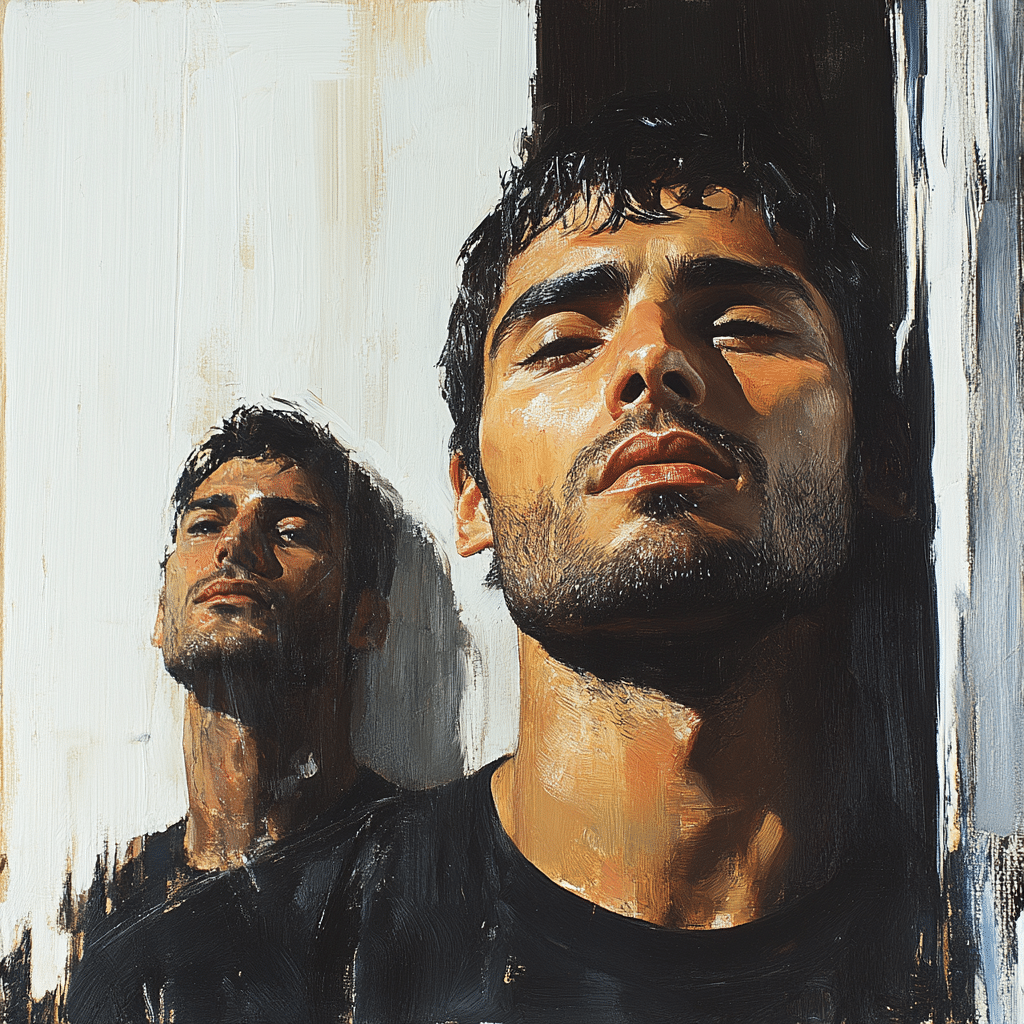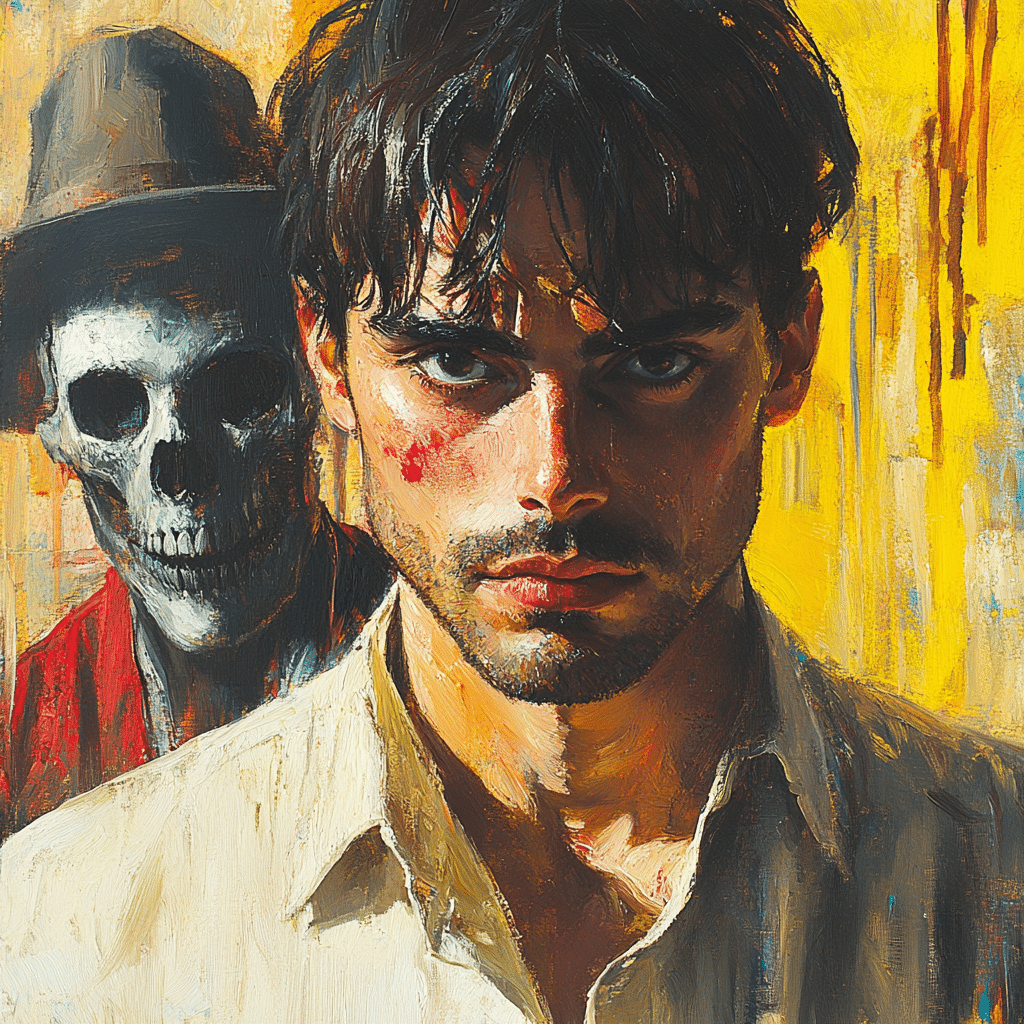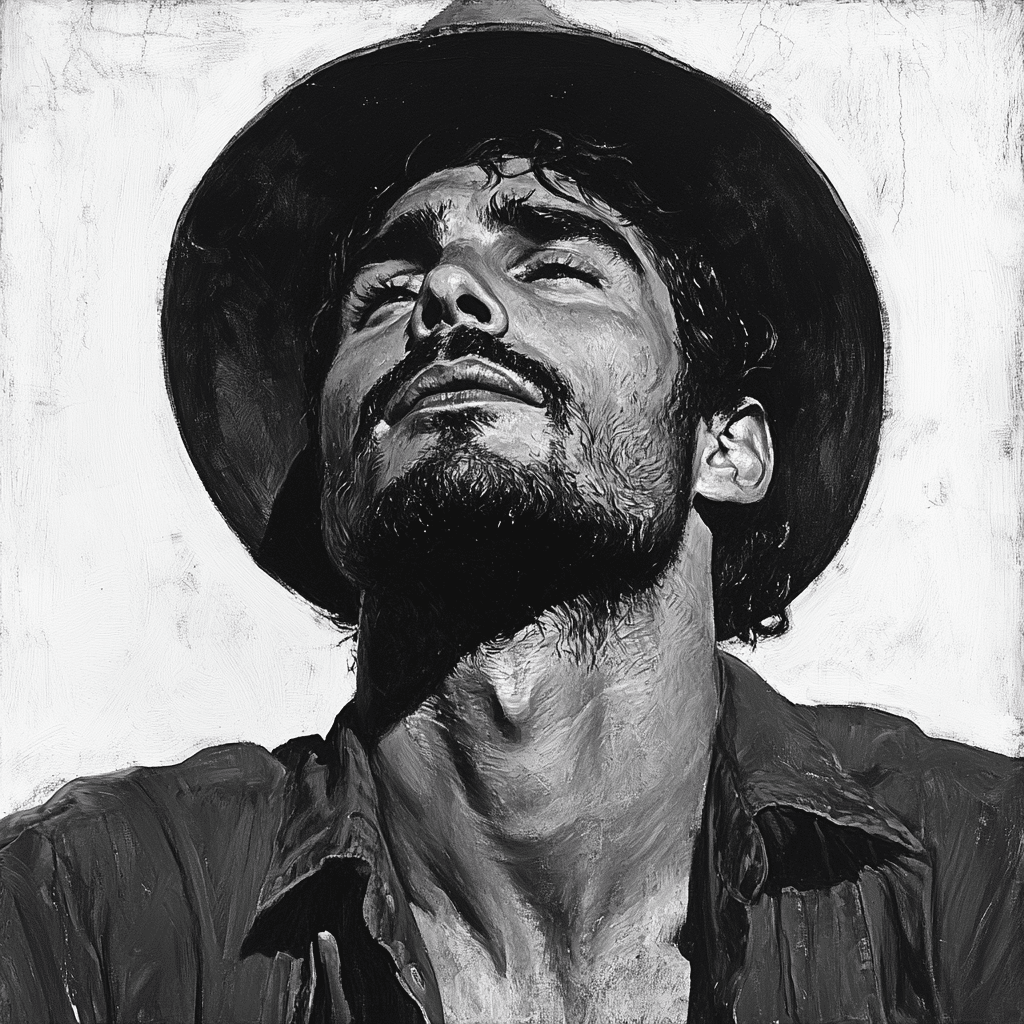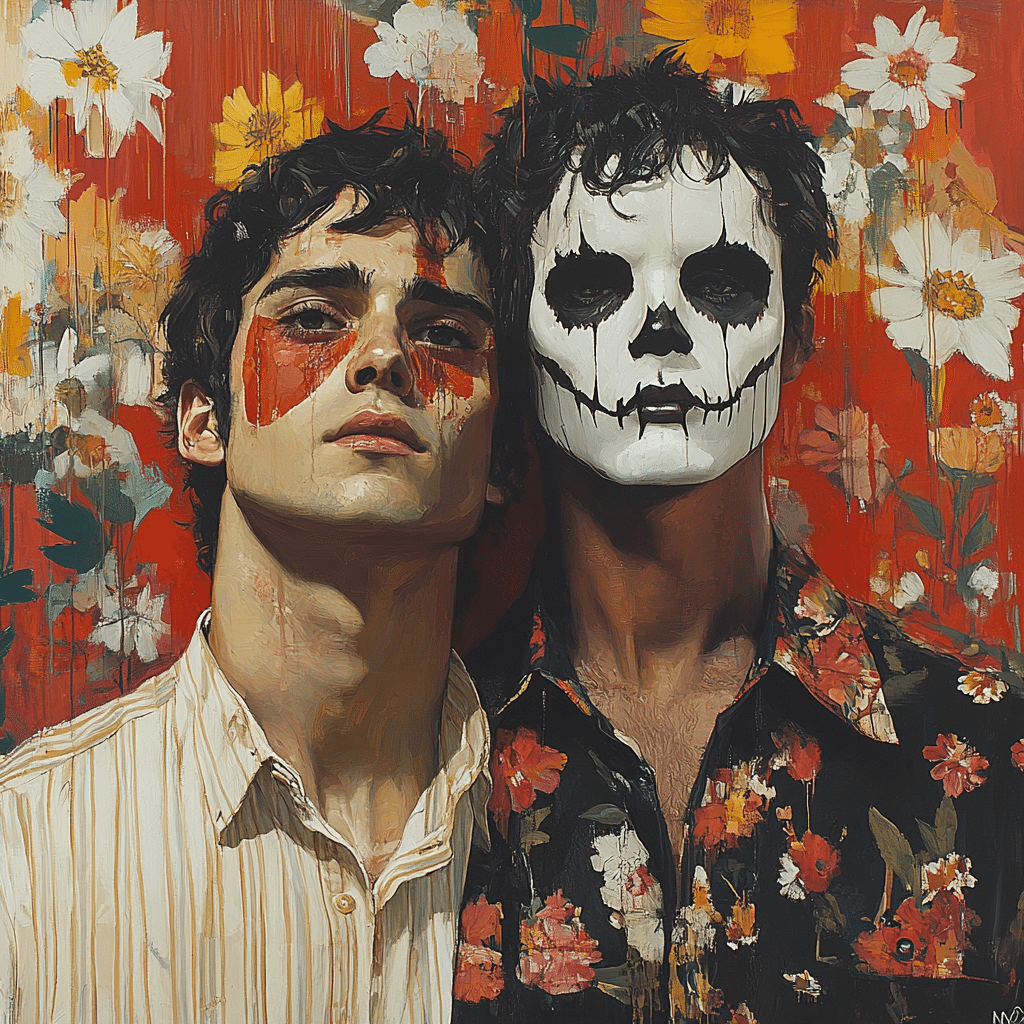
Chico And The Man’s Enduring Legacy And Impact
“Chico and the Man,” which aired from 1974 to 1978, is more than just a TV sitcom; it’s a landmark show that holds a special place in television history. The series highlights the friendship between Ed Brown, played by Jack Albertson, and Chico Rodriguez, portrayed by Freddie Prinze Sr. The themes explored in “Chico and the Man” resonate with audiences even today, making it an essential part of our cultural discourse. The show’s representation of ageism and cultural identity set a precedent that still influences many contemporary storytellers.

The Lasting Influence of ‘Chico and the Man’
When “Chico and the Man” debuted, it reflected a society in transition. Mainstream television was predominantly white, making the show’s portrayal of Latino culture all the more groundbreaking. The characters were not merely there to fulfill stereotypes—they were complex individuals facing personal struggles while also delivering relatable humor. Chico, in particular, wasn’t just the source of comic relief; he was a character dealing with real-life issues, advocating for social change in a format that entertained.
The show tackled tough subjects such as ageism, showcasing the friendships and conflicts between generations. Ed and Chico’s relationship underscores how barriers can be broken through empathy and understanding. Both characters represented distinct backgrounds and experiences, enriching the narrative while promoting a sense of community among diverse viewers. This legacy paved the way for future media to embrace characters from all walks of life.

Top 5 Reasons Why ‘Chico and the Man’ Continues to Resonate Today
“Chico and the Man” made a bold statement during a time of limited visibility for Latino characters. Chico Rodriguez emerged as a well-rounded character, representing a slice of Latino life that was often overlooked in Hollywood. His humor and struggles made him relatable to a broad spectrum of viewers.
The compelling relationship between Ed and Chico created a unique multigenerational dynamic. This focus appealed to diverse audiences by highlighting themes of respect and understanding across age groups. It reminds us that wisdom can come from both our elders and the youth.
Unlike many sitcoms that oversimplified cultural narratives, the humor in “Chico and the Man” sprung from authentic experiences. The comedy was wrapped in real-life situations inherent to Latino culture, offering education while entertaining. Audiences found familiarity in the stories, even if they were from different backgrounds.
The success of “Chico and the Man” undoubtedly paved the way for other Latino-centric series. Shows like “The George Lopez Show” and the revived “One Day at a Time” benefited from the groundwork laid by Chico and Ed. These productions foster critical discussions around cultural representation, informing a new generation of storytellers.
Through its multidimensional themes, “Chico and the Man” invites parallels to modern narratives, like the evolution of Eminem’s Slim Shady persona. Both explore transformations and cultural nuances, providing rich ground for reflection about generational conflict. This intersection of humor, identity, and growth ensures that while cultures evolve, the core messages often remain relevant.
The Cultural Ripple Effect
The ripple effect initiated by “Chico and the Man” has spread to various sectors, from film to music. Blended-family dynamics depicted in the show resonate in more recent hits like “Modern Family,” highlighting how past narratives can inform contemporary storytelling.
Moreover, the legacy continues to inspire creators like Lin-Manuel Miranda, who embodies authentic representation in his work. Projects such as Moon Rabbit and efforts surrounding the cast of the Real Housewives of Salt Lake City reflect the principles of empathy and cultural authenticity established by “Chico and the Man.”
Reconnecting with an Iconic Show in 2024
In this year filled with reboots, it’s time to reconsider how “Chico and the Man” could resonate within today’s context. Themes of cultural identity, immigration, and mental health have become focal points in modern discussions, making this classic ripe for a revival. New storytellers have the opportunity to breathe fresh life into these conversations, connecting with audiences who crave authentic and meaningful narratives.
Reflecting on the Legacy
The enduring legacy of “Chico and the Man” serves as a powerful reminder of the need for diverse representation in media. As we strive for inclusivity, the stories that broke barriers in the past can inspire the narratives of tomorrow. The show invites us to reflect on the profound connections we share, whether through laughter or impactful moments.
Looking forward, the lessons and humor from “Chico and the Man” will undoubtedly influence future storytelling. As we navigate the complexities of modern society, the principles of respect, empathy, and awareness, championed by Ed and Chico, remind us of our shared humanity. Impactful storytelling knows no bounds and will persist long after the closing credits, shaping the narratives that connect and inspire us all.
Whether you’re a filmmaker, an industry professional, or a passionate cinephile, revisiting “Chico and the Man” offers invaluable insights into the power of representation and the complexities of cultural identity. So, let’s not just watch; let’s engage, discuss, and continue to celebrate the legacy of one of television’s most beloved shows.
Chico and the Man: Enduring Legacy and Impact
Behind the Scenes
“Chico and the Man” premiered in 1974 and quickly became a beloved staple of American television. The show was groundbreaking for its time, offering a rare portrayal of Latino characters in leading roles. It wasn’t just the humor that drew viewers, but also its touching exploration of cultural dynamics and generational conflict. Interestingly, Freddie Prinze’s comedic timing and charisma often reminded audiences of the distinctly talented cast of shows like Buffy, showcasing how laughter can bridge gaps in society—much like the connections formed through family dynamics in Chico and the Man.
Speaking of cultural impact, many forget that the show’s star, Jack Albertson, was an accomplished actor, winning the Tony Award for Best Featured Actor in a Musical before his TV fame. The combination of Albertson’s seasoned performance with Prinze’s raw talent created a unique synergy that propelled the show to success, embedding it firmly in the annals of television history. This partnership resonates with the shared camaraderie seen in the Cast Of The Real housewives of salt lake city, where personalities clash yet create entertainment.
Cultural Significance
The relationship between the characters Ed and Chico highlights the different experiences of the American Dream during the 1970s. Chico, played by Prinze, represents the younger generation’s aspirations, while Ed reflects the old-school values that many held dear. Now, when we consider the show’s legacy, it’s clear it laid the groundwork for future series to explore similar themes. In fact, it’s fascinating to see how the show foreshadowed narratives found in graphic novels, such as Zom100 Manga, which tackle dreams and struggles across various cultures, effectively mirroring the dialogues presented in Chico and the Man.
Moreover, in today’s society, discussions around representation continue to evolve, paralleling the show’s earlier echoes. The way people talk about social issues now shares that same sense of urgency and importance. Just like navigating the difference between deductible And out Of pocket expenses, understanding representation requires a nuanced approach. The foundation set by “Chico and the Man” is a reminder that laughter and heart can challenge conventions, opening the door for a more inclusive television landscape.
Lasting Influences
Despite its cancellation in 1978, “Chico and the Man” remains relevant, inspiring new generations of storytellers. The show’s legacy reflects a time when television began to account for multicultural America. These days, influencers and public figures often reference the show as pivotal in paving the way for diverse narratives—much reminiscent of the changes brought forth in political dialogue, like the lively exchanges one might read in Capitol Fax.
Looking back, it’s easy to see why “Chico and the Man” struck a chord with the audience. Its humor and heartfelt moments continue to resonate, serving as a lens through which viewers can examine their own experiences. And who can forget those classic moments, much like the cherished times had sliding down a Waterslide on a hot summer’s day—those fleeting joys can be just as impactful in connecting people from different backgrounds, united by a good story.










